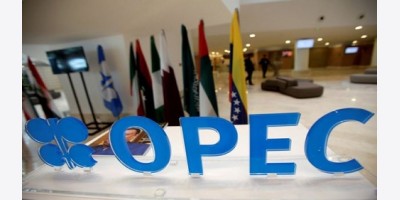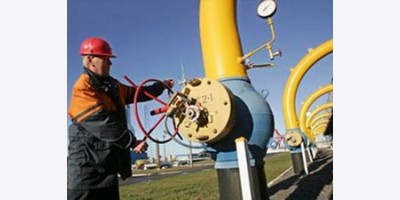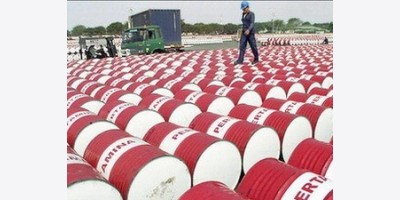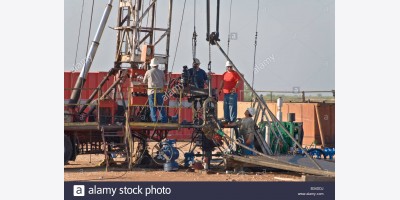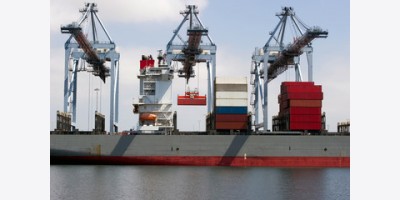* Russia mulls counter measures against Western sanctions
* Moscow expects harsher sanctions over Ukraine
By Reuters
Russian state-controlled oil producer Gazprom Neft said it had received positive responses from Asian clients about the possibility of using euros as a settlement currency instead of the dollar.
Company head Alexander Dyukov said this week Gazprom Neft had broached the idea of dropping the dollar, traditionally the currency of choice for the global energy sector, in response to a possible new round of Western sanctions over Russia's annexation of Crimea.
He said the company had discussed with buyers the possibility of switching contracts to euros and that 95 percent had said they were ready to do it. Gazprom Neft ships around 30,000 barrels per day of oil eastward.
"Gazprom Neft has held discussions with its eastern partners about the possibility of completing settlements in the European currency. They, in turn, expressed their potential readiness for this," the oil arm of top Russian top natural gas producer Gazprom said in emailed comments on Thursday.
Three buyers in Japan and China said they had been approached by Gazprom to settle oil payments in currencies other than the dollar. Two of the buyers said they were still considering the proposal, while the third said his company had bought crude using euros before and did not see it as a problem.
"Switching to euros is not a big deal. The problem is who will bear the exchange cost," a trader with a Japanese buyer of Russian Asia-bound ESPO crude oil blend said.
The United States and the European Union have already imposed some sanctions, mainly on individuals, over the Crimea crisis and have threatened more sanctions if Russia sends troops into eastern Ukraine.
Moscow has reserved the right to send in troops if it deems them necessary to protect Russian speakers in Ukraine from what it says are nationalist and neo-fascist groups.
REAL MEASURES?
President Vladimir Putin has urged Russian companies to forge closer ties with Asian energy powerhouses as relations with Europe and the United States have become frosty.
Earlier on Thursday, First Deputy Prime Minister Igor Shuvalov said Russia had potential partners to turn to for oil and gas trade other than in the West.
Analysts said the proposal to use euros instead of dollars was rhetoric rather than an immediate possibility.
"It's obvious that the shift from the existing system of settlements is fraught with costs and does not promise benefits" for Russia, Valery Nesterov, an analyst with Sberbank CIB in Moscow, said.
"It is more likely about future contracts, not current deals, as the settlement currency had been already agreed."
Some traders have been sceptical about the prospect that Russian companies could drop the use of dollars for settlements, because countries with close political ties to the United States, such as Japan, could find such a switch too politically sensitive to agree.
One ESPO buyer in Japan said his company did not have direct dealings with Gazprom Neft but that he was aware of some requests being made.
If Russia was serious about such a shift, the big sellers such as Gazprom and state oil company Rosneft would be looking at similar moves, but so far there have been no signs of that, he said.
"I think they are just testing the market," he said.
Rosneft Chief Executive Officer Igor Sechin, a long-standing ally of President Vladimir Putin, said on Thursday the company would use settlement currencies that have already been agreed in contracts, according to local media reports. (Additional reporting by Katya Golubkova in Moscow, James Topham and Osamu Tsukimori in Tokyo, Jacob Gronholt-Pedersen in Singapore; editing by Timothy Heritage and Jane Baird)













